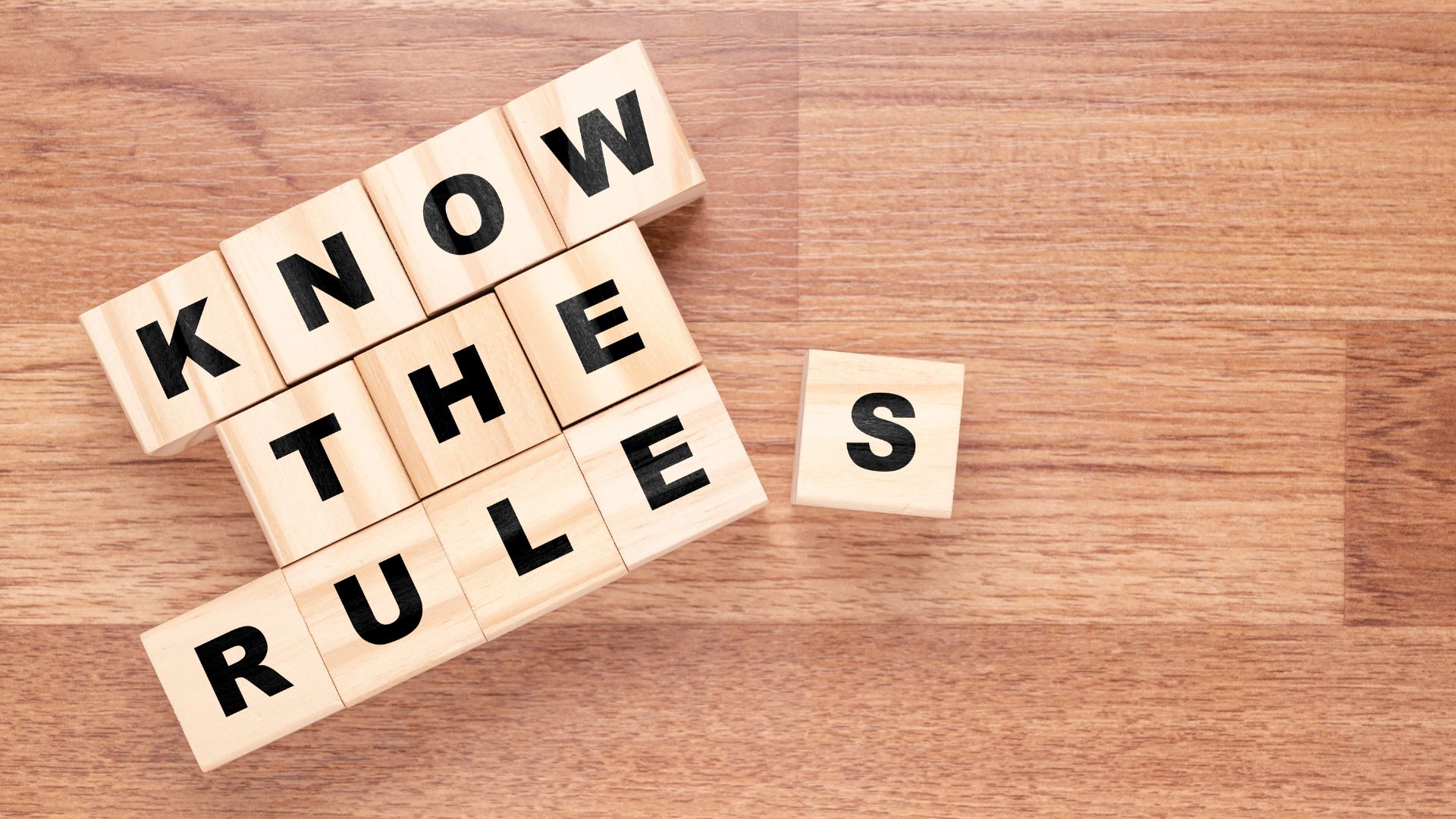Salt Lake City, United States Airbnb Rules & Regulations
Last updated on: 4th July, 2025


Last updated on: 4th July, 2025

Salt Lake City has strict regulations governing short-term rentals (STRs), particularly for platforms like Airbnb. Currently, short-term rentals are not permitted in residential districts. This policy is in place to preserve the integrity of residential neighborhoods and maintain a supply of housing for long-term residents.
Zoning Restrictions: Short-term rentals are limited to commercial and mixed-use districts, where they can operate in designated establishments such as hotels, motels, bed-and-breakfasts, and hostels. To legally operate in these areas, one must obtain the appropriate licenses.
Licensing Requirements: While there’s no specific licensing for STRs in residential areas (since they are not allowed), properties located in commercial zones must secure a business license through the city’s Business Licensing Division. This includes demonstrating compliance with zoning laws, building codes, and fire safety regulations.
Application Process: To obtain a business license, applicants typically need to provide:
Tax Registration: Although there are no specific short-term rental taxes in Salt Lake City at this time, operators may need to consider state lodging taxes that apply to short-term rental charges. This includes:
Enforcement Measures: Salt Lake City actively enforces regulations against illegal short-term rentals in residential areas, employing data-gathering techniques to identify non-compliant properties. Violators may face fines and be required to cease operations.
Community Impact: The local sentiment is that short-term rentals contribute to the housing shortage by removing properties from the long-term rental market. Concerns have also been raised regarding noise, disturbances, and changes in neighborhood dynamics.
While Salt Lake City does allow some short-term rentals, the environment is decidedly not Airbnb-friendly when it comes to residential properties. Operators must navigate a complex licensing and regulatory landscape focused on maintaining the character of residential neighborhoods and addressing local housing shortages. Aspiring hosts must ensure compliance with all regulations and be prepared for the possibility of strict enforcement against illegal rentals.